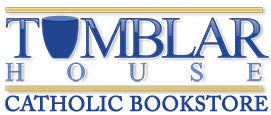
Introduction to Christianity
Original price
$19.95
-
Original price
$19.95
Original price
$19.95
$19.95
$19.95
-
$19.95
Current price
$19.95
Availability: In Stock
Shipping starts at $5.
U.S. Delivery in 5-10 business days.
